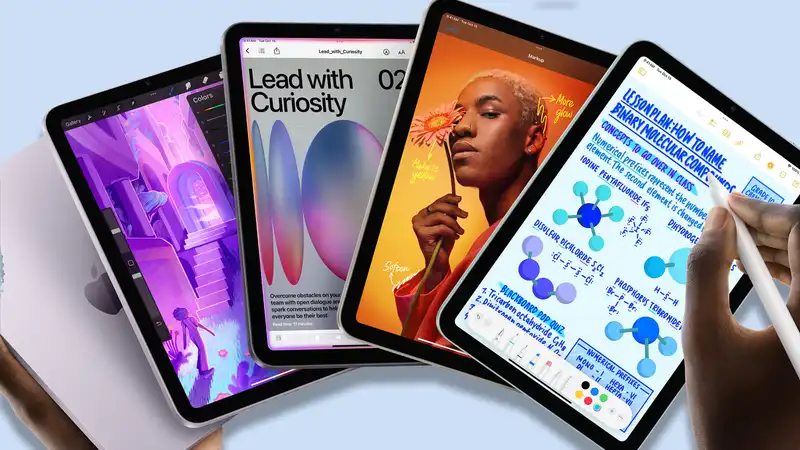The sudden announcement of the iPad mini 7 earlier this week took us by surprise. Another surprise was that one of its major upgrades is not as powerful as we thought it would be.
The major hardware update to the iPad mini 7 over the iPad mini 6 announced in 2021 is the A17 Pro chip (first used in last year's iPhone 15 Pro), which replaced the A15 silicon in the previous model. While this is definitely a nice upgrade, it is clear that the iPad mini's chip is not as powerful as the iPhone 15 Pro version.
Looking at the specs page for the new iPad mini on Apple's website, the “Chips” section shows that the A17 Pro has 6 CPU cores, 5 GPU cores, and 16 NPU cores. However, the A17 Pro chip in the iPhone 15 Pro offers six GPU cores instead. In other words, the A17 Pro in the iPad mini still has six GPU cores, but one of them is permanently turned off. We won't know for sure until we benchmark the new iPad, but this will likely affect performance in games and other demanding apps.
Known as “chip binning,” this process is something Apple often does with its chips to disable cores so that the same silicon can offer lower performance levels. For example, the M3 chip used in the MacBook Air has two fewer GPU cores than the version used in the basic 14-inch MacBook Pro, even though the chips are otherwise identical.
Importantly, this small downgrade to the A17 Pro does not prevent the iPad mini from accessing Apple Intelligence. This feature is not yet included in iPadOS 18, but is expected to be rolled out by the end of this month.
There are several other ways Apple has updated the iPad mini for 2024. The new model supports the Apple Pencil Pro, doubles the default storage to 128GB, doubles the RAM from 4GB to 8GB, and comes in new blue and purple color options.
Those interested in purchasing the iPad mini can pre-order it now, and it will be available for general sale on October 23. If you are still on the fence about purchasing one, check back soon for a review of Apple's newest and smallest iPad.










Comments